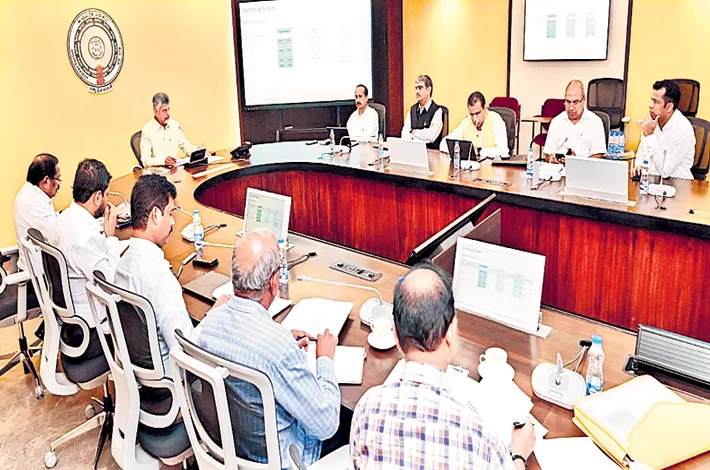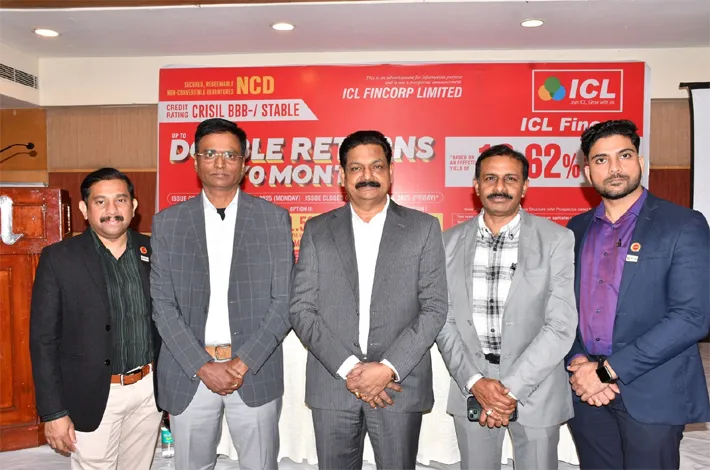AI to combat vector borne diseases
08-07-2025 12:00:00 AM

■ Internet of Things (IoT) sensors will enable real-time monitoring of mosquito density and weather conditions
■ Hospitals will send daily reports of dengue, malaria, and chikungunya cases to help locate hotspots
metro india news I amaravati
Taking steps towards modernizing public health efforts, the Andhra Pradesh government is set to roll out an AI-powered Smart Mosquito Surveillance System (SMoSS) to combat vector-borne diseases such as dengue, malaria, and chikungunya. The pilot programme will be implemented in 66 key locations across six major municipal corporations, using deep technology and data-driven tools to monitor and manage mosquito populations more effectively.
The project, initiated by the Municipal Administration and Urban Development (MAUD) Department, will integrate advanced Internet-of-Things (IoT) solutions—including smart sensors, drones, heat maps, and traps—to track mosquito activity in real-time. Senior officials, including MAUD Principal Secretary S. Suresh Kumar and Director of Municipal Administration P. Sampath Kumar, recently reviewed the technology developed by a private firm and assessed its potential for large-scale deployment.
Under the pilot phase, 16 locations in Greater Visakhapatnam, 4 in Kakinada, 5 in Rajamahendravaram, 28 in Vijayawada, 7 in Nellore, and 6 in Kurnool have been selected. Smart sensors will be installed in identified mosquito-prone areas within these cities to detect mosquito species, gender, density, and environmental factors such as temperature and humidity. When the mosquito population exceeds a set threshold, the system will trigger automated alerts, prompting immediate action from municipal authorities.
The collected data will be transmitted to a centralized server and visualized on a real-time dashboard, enabling prompt and targeted fogging and larval control measures. This marks a shift from traditional, untargeted spraying operations to a scientific, data-backed approach that reduces both chemical use and operational costs.
Officials emphasized that the initiative is designed not only to reduce health risks but also to minimize the workload on civic staff. Spraying operations using drones will allow faster and more efficient coverage of large areas with lower chemical usage.
The operations will be completely outsourced to specialized agencies, and payments will be linked to performance. To maintain accountability, a grievance system will be in place where citizen and field-level complaints can be registered through mobile applications like Vector Control and Puramitra.
In addition, a daily reporting system for vector-borne diseases will be implemented in collaboration with hospitals. This will help identify disease hotspots, allowing for focused intervention. Special action plans are also being drawn up for scheduled fogging and larval treatment in those high-risk areas.
“The entire objective of SMoSS is to protect public health. Preventing disease through effective containment of mosquito populations will be the core philosophy of this initiative,” Suresh Kumar stated. If successful, the pilot may be scaled up across other urban local bodies in Andhra Pradesh, potentially making the state a frontrunner in AI-driven public health management.








